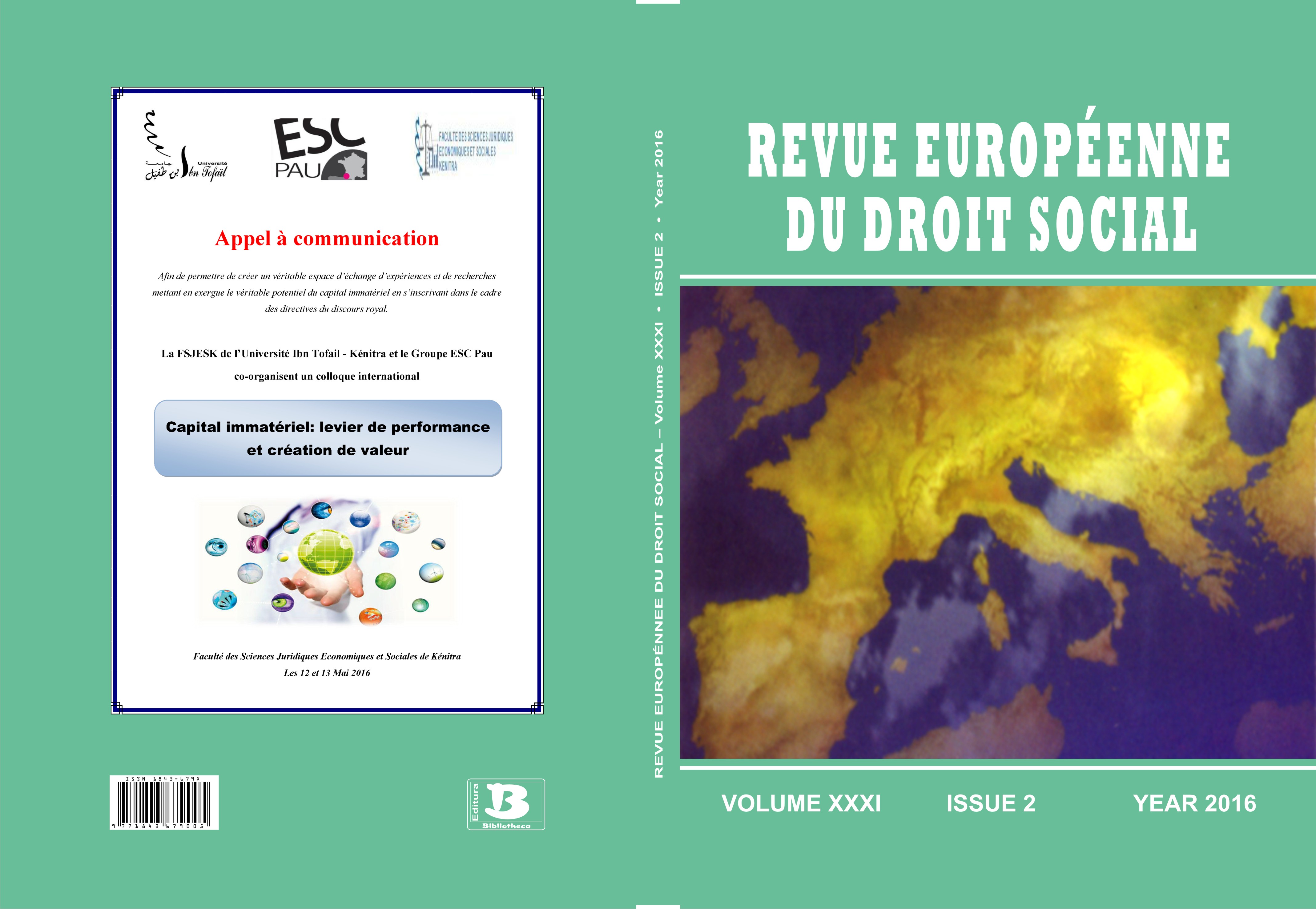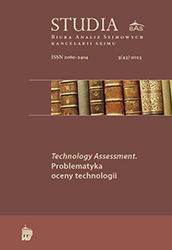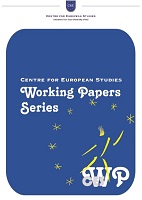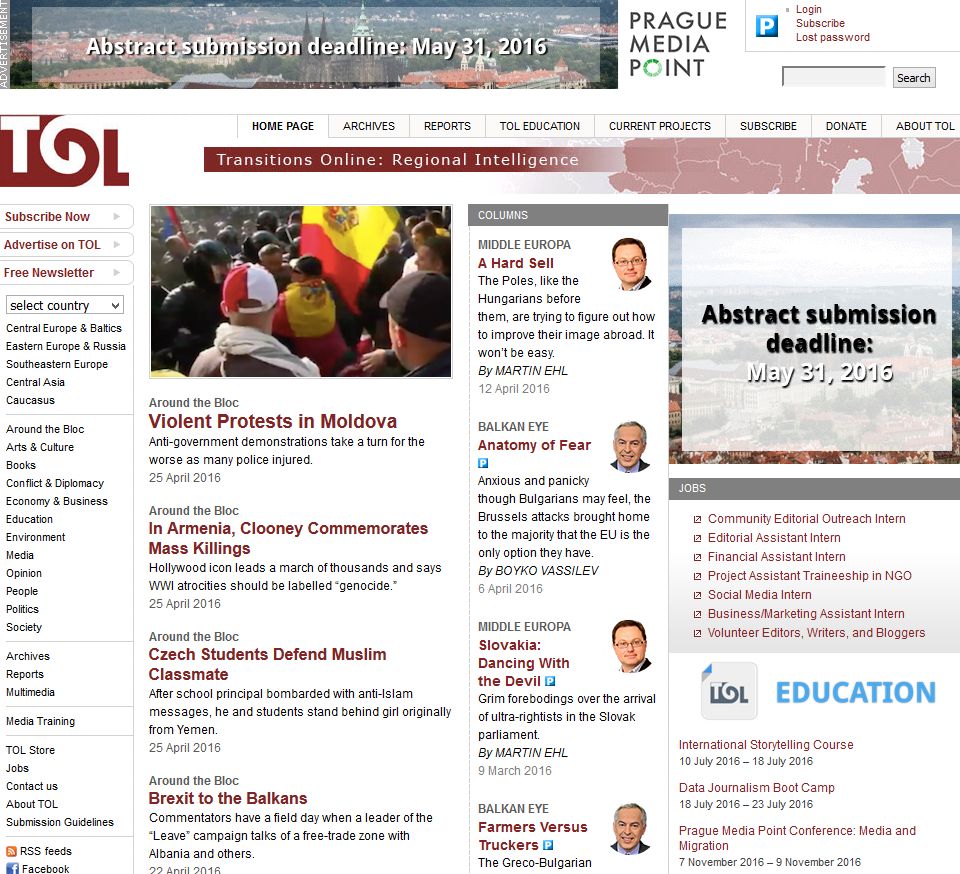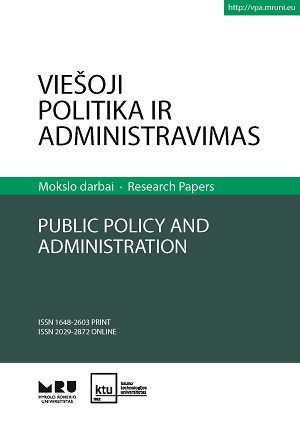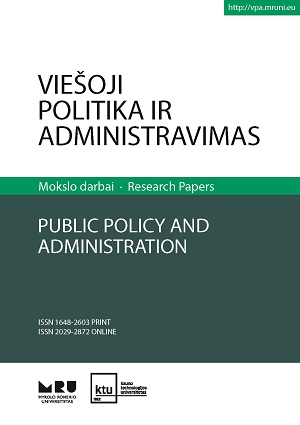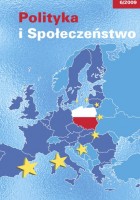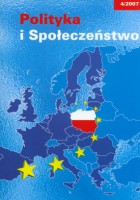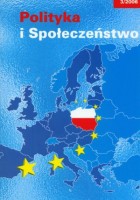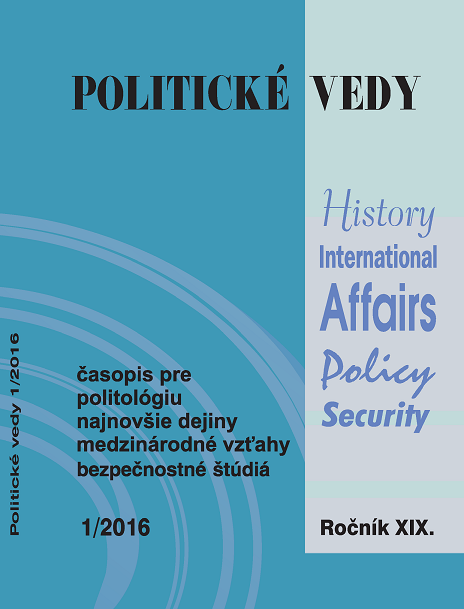
Recenzia na knihu: Verejná politika a verejná kontrola
Pojmy verejná politika a verejná kontrola sa v modernej demokratickej spoločnosti používajú často a v rôznych súvislostiach. Kontrola je dôležitým predpokladom zákonnosti a ústavnosti vo verejnej správe. Skúmanú problematiku pokladám za veľmi aktuálnu a oceňujem snahu o ich skúmanie vo vzájomnej interakcii. Dvaja kolegovia a dlhoroční spolupracovníci z Fakulty politických vied a medzinárodných vzťahov Univerzity Matej Bela v Banskej Bystrici prichádzajú s pokusom prepojiť verejnú politiku a verejnú kontrolu. Predkladaná učebnica v anglickom jazyku ich spracúva ako samostatné časti skúmania. Obe sú podrobne analyzované s vysvetlením ich vnútornej štruktúry. Snaha nájsť medzi nimi určitý vzťah, podľa môjho názoru predstavuje jedinečný a inovátorský prístup k riešenej problematike.
More...
